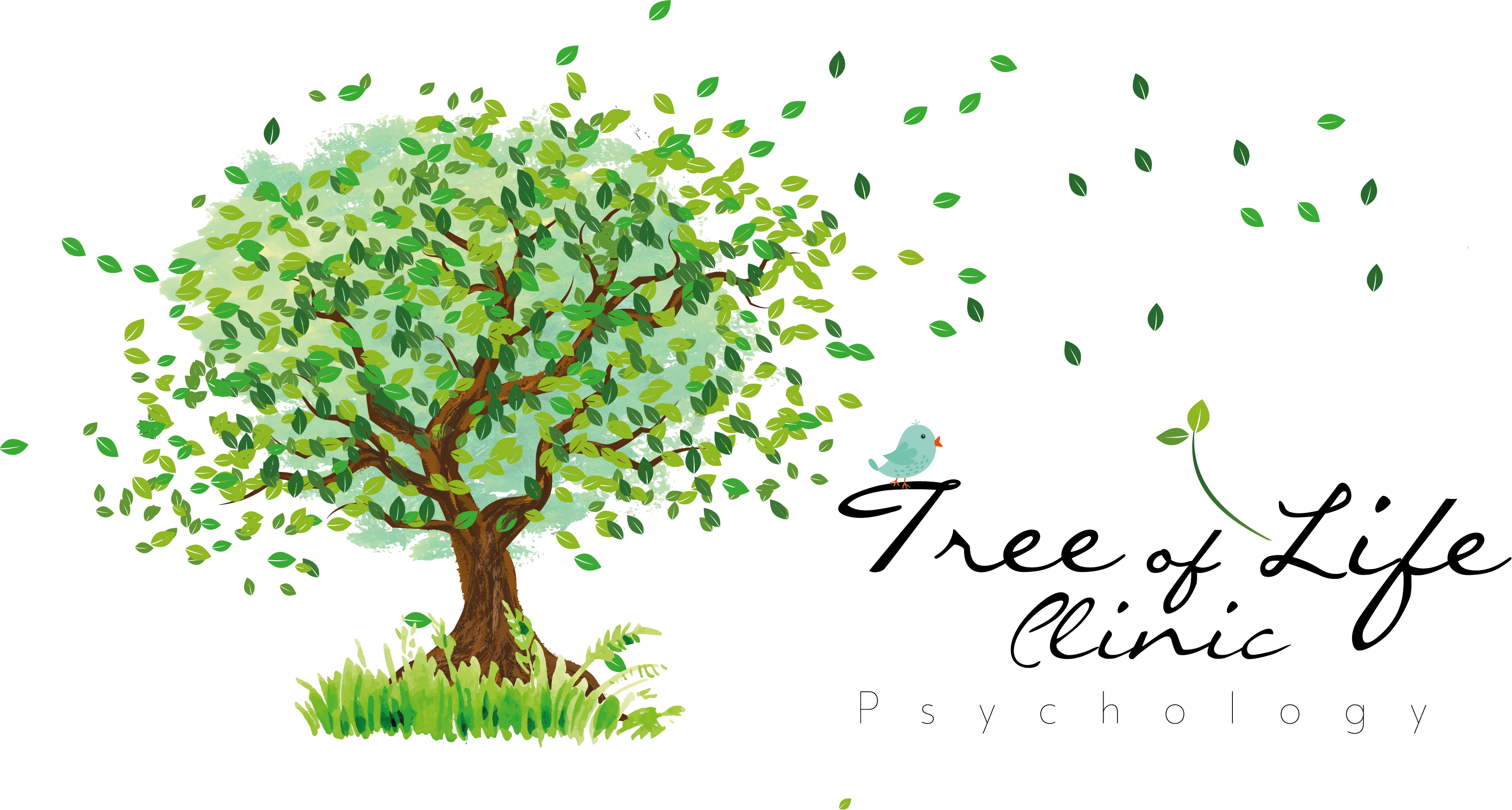Blog
Coping with pregnancy and neonatal loss

 |
Caroene Santos Murray |
The difficulty that many families face is the lack of ACCEPTANCE, VALIDATION AND RECOGNITION of their pain by those around them and their peers.
This is precisely one of the welcome that is part of the support zone necessary for the elaboration of mourning.
Again Grief is by no means a disease, grief is the emotional process of experiencing the absence and emptiness caused by a loss. Grief is an autumnal state of the soul.
However, the bereaved may need psychological help and specific assistance to deal with what they feel, with their loss and in some cases with manifestations of illness due to their emotional condition and the environment.
Faced with the loss of a child, many families hear phrases that debunk their pain or go over it, such as: “soon they will have another one”, “I’m glad it was in the beginning”, etc., as if a replacement was possible or as if the pain was alleviated by the duration of the bond and attachment proportional to the gestational age.
There is still no space and listening for the recognition of this loss or there are still few and invalid recommendations for assistance to family members on the farewell ritual, maternal body, what to do with the little room and trousseau if it was already prepared, bureaucratic issues, since most of the time, the practices disregard the parents' psychic desire and time and their possibilities.
"Each pregnancy has a unique history, both in terms of its expectations, desires, fantasies, feelings and attachments, as well as the ways of investing in the preparation of this “psychic cradle” that precedes birth”, as Vera Iaconelli puts it.
It's worth an exercise for those who want to be parents: who has never guessed a name for their imaginary child? There is already an investment even before conception, our parenting has been built since our childhood.
During pregnancy, a bridge is formed between the woman's biology and her narrative about pregnancy.
The recognition of perinatal losses becomes unique, respecting the unique aspects of each person who goes through this situation. And how to do it? It is the presence and listening without judgment, as well as the understanding that that story is irreplaceable.
Every baby counts, as does the story formed around that baby. Each pregnancy and beyond the journey of these parents is a passage to be recognized and loved.
As Mia Couto narrates, “no matter the time, when the lost concept is recognized as a child, it will have its place”.
Bereaved parents' place of belonging
Mourning parents belong to mutilating discontinuity, frustrated projections, to finite dreams, belong to the anguish of loss that is eternalized and generated in the long march of days.
Mentioning the words of Alexandre Coimbra do Amaral:
“The days of a bereaved mother and father are intertwining a new story that needs to happen as a bud. One day, another day, another day. There are no guarantees, there is no linearity. Life becomes an unpredictable flow of nostalgia and reconstruction. There are days when it is possible to put new bricks on a story that still shows itself as a sketch. In others, it is urgent to return to nostalgia, to photos, to tears. The dance between one moment and another is the possible way for parents who have lost their child.
At that time, belonging is where it is possible. Sometimes in the lap of a hug, in a welcomed outburst, once in crying or silence, until it becomes possible for new chapters to be written.”
This loss is like an always visible scar that, over time, may bleed less, but will always be sensitive and painful.
Grief is singular, unique and individual, each one experiences it in their own way. Respect, acceptance and sensitivity becomes necessary and belonging to parents who have lost their children.
Finding meaning in loss is critical to surviving it.
In the couple there are individual mourning, and it is essential not to judge the moment of mourning of the other.
Here, it is also necessary to deconstruct these gender places in mourning (strong man, bureaucratic part and fragile and sentimental woman), leaving these scarred positions in the social is to embrace whatever comes from these parents and when it comes.
The social stigma of not talking about influences the grieving process. It is necessary to respect the time of recollection of bereaved parents and accept their pain, but they also need to be approached, authorized to suffer, listen and talk to exhaustion about their children.
"There is no greater agony than enduring an untold story inside you"
Maya Angelou
⠀⠀⠀⠀⠀⠀⠀⠀
Bereaved parents belong wherever possible. Sometimes in the lap of a hug, in a welcomed outburst, once in crying or silence, until it becomes possible for new chapters to be written!
If necessary, seek emotional support for your grieving process
May we validate this pain, seeking information necessary to identify when the bereaved is suffering some physical and psychological risk, so that a professional in the area can be consulted and who can provide qualified assistance for a pain that is only for those who feel.
Empathy and resonance come into play allowing pain to be the first step towards a new sense and for it to be made gradually.
May we be present, be attentive in listening and observing, and thus giving space for the bereaved person to walk as they can in the construction of new affections.
Helping a person through the grieving phase means allowing that person to live one day at a time, holding their hands, without questioning, without invalidating them.
Therapy promotes the person's encounter with their own grief. And to narrate your story, even permeated by grief, is to reinvent life.
Caroene Santos Murray
Clinical Psychologist - Child and Adult 🌿
Perinatal and Parental Psychologist 🌿
|
Follow us on Instagram |
 |



